Great Big Green Week 2024, the UK’s largest celebration of community action to tackle climate change, has begun! For many years, Fairtrade campaigners and supporters have taken part and this year is no different.
The theme of this year is ‘Swap Together for Good’. From 8 to 16 June, people across the country will hold events, sharing their own knowledge and learning from others about how to build a better future for people and planet. At the same time people everywhere will be making considered everyday swaps that help create a safer, greener future – including swapping to Fairtrade products.
How does swapping to Fairtrade help tackle climate change?
Small-scale farmers who contributed the least to the climate crisis are facing its worst effects. Extreme weather is damaging their livelihoods, making it hard for them to earn a living and protect their environment.
Choosing Fairtrade can deliver fairer pay and a living income for farmers, which means these communities have more resources to adapt and become more resilient to the climate crisis.
Read on to find 10 Fairtrade swaps that support farmers taking on climate change.
10 Fairtrade Swaps for Good
Swap to Fairtrade Chocolate
Cocoa farmers are already experiencing the effects of the climate crisis, through unpredictable weather patterns, mainly due to an increased number of hotter and drier days, increased temperatures and new crop-threatening diseases and pests.
The Acopagro co-operative in Peru are growing organic and Fairtrade cocoa with a particular focus on planting trees on degraded and cultivated land. They are actively practicing agroforestry and financing themselves through the sale of carbon credits and crop certification, protecting both their livelihoods and the planet.
Have you tried Lidl Way To Go! Chocolate?
Lidl’s Way To Go! chocolate bars not only taste good but do good, as Lidl pays an additional premium for every tonne of cocoa it buys on top of the Fairtrade Minimum Price and Fairtrade Premium!
The additional investment supports secure livelihoods for farmers and their families, helping them to diversity their income by growing a mix of crops including rice, yams, and honey.
Lidl GB’s Way to Go! chocolate bars come in two delicious flavours. The newly launched ‘Biscuit & Caramel’ bar is packed with creamy caramel pieces and a satisfying biscuit crunch – perfect for any chocolate fans seeking a sweet deal!
Swap to Fairtrade Coffee
While coffee has historically played a minor role in global deforestation, climate change and rising demand are pushing coffee cultivation into new, often forested, and unprotected areas. Most coffee is produced in intensive monocultures using synthetic fertilizers and pesticides, leading to significant water pollution near processing plants. The most popular processing technique for coffee, wet coffee processing, requires large amounts of water and can pollute waterways.
Fairtrade is addressing these issues by providing agroecology training to thousands of coffee farmers. Through this training, farmers learn practices such as soil and water conservation, agroforestry, and the use of sustainable energy, helping to create a more sustainable and environmentally friendly coffee production system.
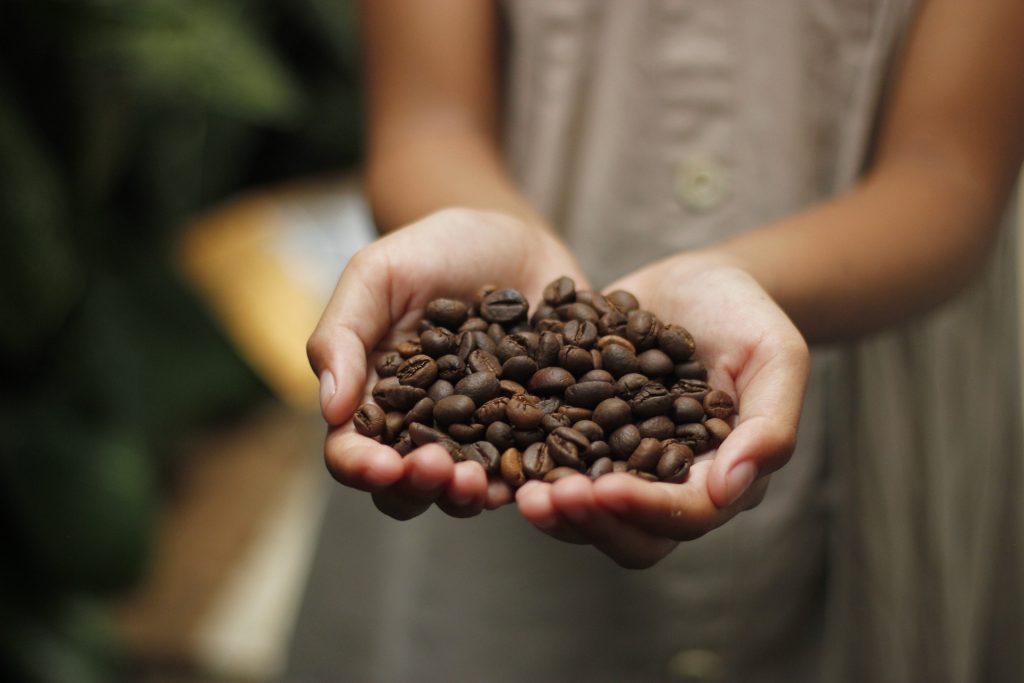
Swap to Fairtrade Flowers
In a 2024 study, it was discovered that roses grown and cut on Fairtrade farms in Kenya have a lower impact across multiple environmental areas including cumulative energy demand, greenhouse gas emissions and freshwater eutrophication. Kenyan roses have a cumulative energy demand 22 times lower, and greenhouse gas emissions 2.9 times lower than conventional Dutch roses even when factoring in air transportation to Europe.
More than 73,000 people are involved in growing, harvesting, packing, and caring for Fairtrade Flowers across the world.
Have you tried ASDA’s Fairtrade Roses?
If you want to send a bouquet of roses with a low environmental impact and that are grown to high ethical and environmental standards on Fairtrade certified terms, head over to your nearest ASDA.
Asda Fairtrade Roses are 94% sourced from flower farms in Kenya. These farms also receive the Fairtrade Premium of 10% for every stem sold, which workers can choose to invest in their livelihoods and communities.
Swap to Fairtrade Sugar
Sugar cane production can contribute to a wide variety of environmental concerns. It is linked to issues like deforestation, leading to habitat destruction for various species. The water-intensive nature of sugar cane production can exacerbate water scarcity in regions where it’s grown. And, if not properly managed, the use of chemical fertilizers and pesticides can lead to soil degradation, decreased soil fertility and contaminated water sources. All of which pose risks to the environment and local communities in these regions.
When compared to supply chains in other countries, Fairtrade supply chains showed significantly lower overall carbon emissions and water use. Selling sugar on Fairtrade terms puts farmers in a better position to invest in resilient farming methods that create minimal emissions and mitigate against the effects of the climate crisis.
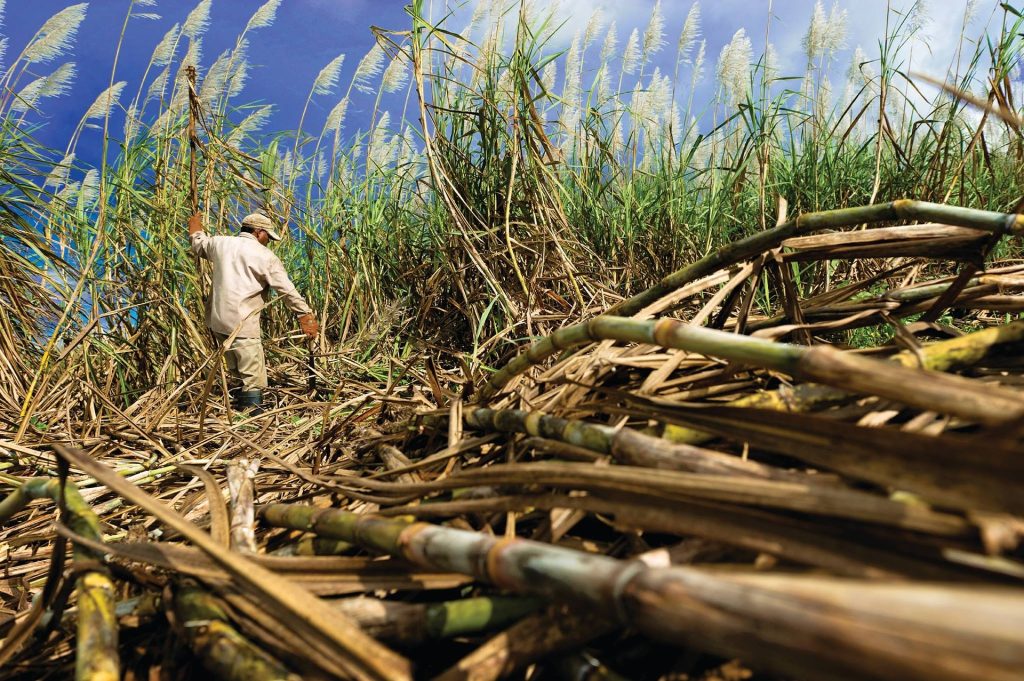
Swap to Fairtrade Shea Butter
Shea trees thrive naturally in agroforestry landscapes, coexisting with crops on small farms across 21 African nations. These trees are crucial to local ecosystems, offering shade, preventing soil erosion, and supporting biodiversity. Traditional hand-harvesting techniques are eco-friendly, and with lifespans of 200 to 300 years, shea forests act as effective carbon sinks.
The sustainable harvesting of shea nuts, whether from wild or inter-cropped trees near villages, is a key income source for many small-scale farmers. Research indicates that shea has significant potential to mitigate climate change in West Africa, highlighting the importance of its cultivation and preservation.
By joining a co-operative and receiving the Fairtrade premium, shea producers are able to invest in these eco-friendly harvesting techniques and support their communities.
Swap to Fairtrade Tea
Because tea plants grow best in specific environments, many tea plantations grow only tea to maximise their profits. Growing just one crop (known as monocropping) can damage the natural environment, resulting in erosion, and the stripping back of nutrients from the soil.
Monocrop tea plants are frequently treated with large amounts of pesticides, contaminating local water sources, harming beneficial microorganisms, killing off insects and pollinators and further reducing the health of soil.
Have you tried Traidcraft Tea?
Transform Trade works directly with smallholder tea farmers in Kenya and India, supporting them to receive a fairer price for their tea, challenge working conditions across the sector, and equipping them with the knowledge and resources they need to grow multiple crops on their land. This has the multiple benefits of increasing soil health and biodiversity and giving farmers an additional income stream.
As part of their work across the tea sector, Transform Trade has worked with True Origin to bring a new and refreshed Traidcraft Breakfast Tea back to your shelves! It’s a 100% Fairtrade certified tea, supplied by small-holder co-operatives in the Great Rift Valley in Kenya, and 5% of every sale will support Transform Trade’s life changing work with producers and smallholders across the tea sector.
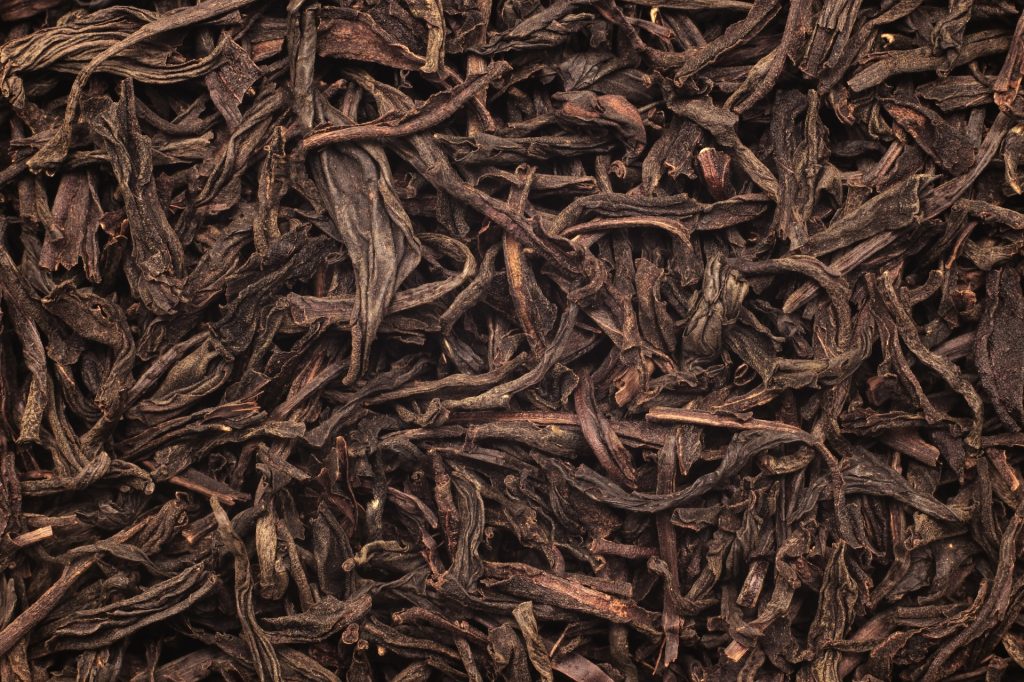
Swap to Fairtrade bananas
Climate change has a significant impact on the livelihoods of banana farmers. Unpredictable weather patterns, rising temperatures and increasingly frequent natural disasters pose a constant challenge. Compounding these issues is the growing spread of pests and diseases affecting bananas, also a direct consequence of climate change. To reduce this threat, the use of pesticides is common, however, these chemicals then contaminate local areas and waterways and contribute to environmental degradation.
Fairtrade banana farmers across South America and the Caribbean are pioneering efforts to reduce pesticide reliance and improve biodiversity on their farms. By doing so they are improving soil health and enabling it to build up a natural immunity against these spreading diseases that can have devastating effects on banana plants.
These proactive measures are crucial steps toward building resilience to climate change and safeguarding both livelihoods and the environment.
Sainsbury’s proudly invests in living wages for banana workers, setting a new industry standard three years ahead of schedule, ensuring fair compensation and sustainable livelihoods.
Swap to Fairtrade Cotton
The cotton plant is highly vulnerable to shifting rainfalls and extreme heat waves, two significant impacts of climate change. In regions like South-East Asia, changing weather patterns – such as dry spells, delayed monsoons, and floods – are already affecting cotton farmers and posing significant threats to their livelihoods.
The majority of Fairtrade cotton is grown organically and relies on rain for irrigation, therefore the increasingly unpredictable weather patterns in cotton-growing countries are making it more challenging for Fairtrade cotton farmers to maintain their crops. As these weather changes continue, the difficulties faced will likely intensify, further devastating cotton crops and the livelihoods of those cultivate them and highlighting the need for sustainable and climate-resilient farming practices to protect both the crops and the farmers’ futures.
Have you tried Koolskools Uniforms?
Koolskools are dedicated to providing Fairtrade school uniforms, and with the “Not for Profit” umbrella organisation, Chetna Organic, they work with over 23,000 smallholder farmers across 3 Indian states: Orissa, Maharashtra, and Telangana to do so. They focus on training them in environmentally friendly growing techniques, such as using organic fertilisers and pesticides, practicing intercropping, and adopting low soil tiling methods.
These techniques enhance soil quality and biodiversity over time, completely reversing the previous damage done by man-made pesticides and fertilisers. Chetna promotes “Agroecological Agriculture” based on 3 principles of sustainability, social, environmental, and economic, for livelihood enhancement.
Encourage your school or university to choose Koolskools to ensure your university clothing or school uniforms are 100% Fairtrade and make a positive impact on both the planet and the lives of smallholder farmers.
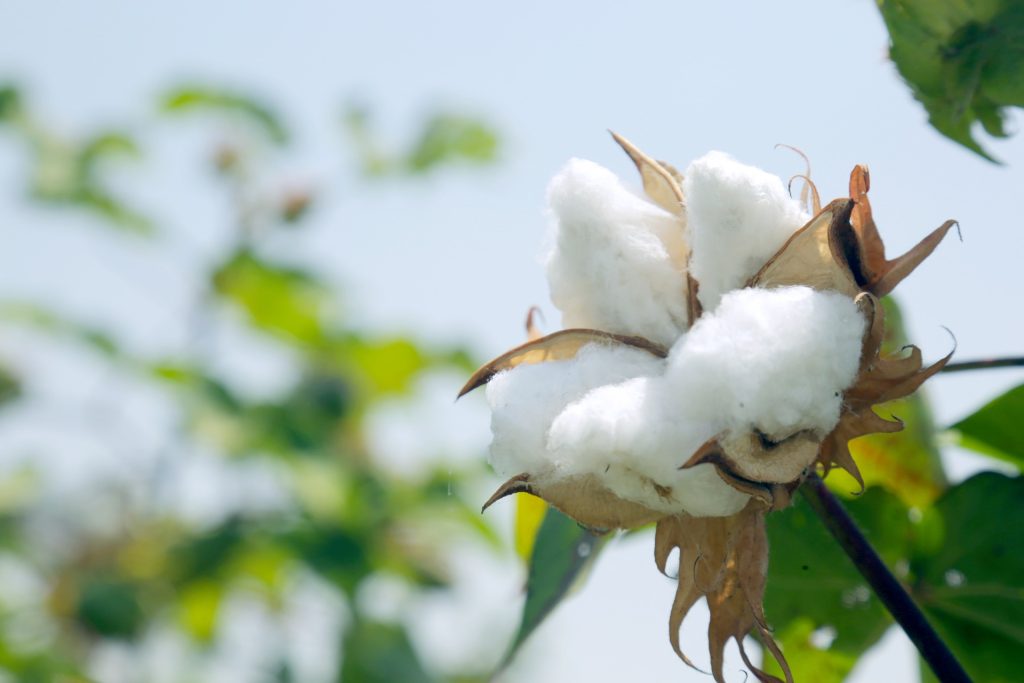
Swap to Fairtrade Olive Oil
Olive Oil production consumes vast amounts of water, which can exacerbate drought conditions in regions already facing water scarcity. Additionally, the extensive use of pesticides in olive plantations raises serious environmental concerns including soil degradation, water pollution and biodiversity loss.
In the West Bank, olive oil production is further complicated by the region’s agricultural land’s water scarcity, land fragmentation and political instability. These factors make sustainable farming practices even more crucial for the viability and resilience of olive farming in the area.
Regenerative farming, which focuses on restoring soil health, enhancing biodiversity, and mitigating climate change, is gaining traction in the West Bank. The Palestine Fair Trade Association (PFTA) supports small-scale farmers by providing market access and promoting fair trade principles. They offer training in organic farming, soil conservation, water management, and preserving landrace seeds.
The PFTA’s initiatives emphasize topsoil health, soil carbon storage, and moisture retention. Their regenerative methods include biodiversity enhancement, composting, cover cropping, inter-cropping, and integrating animals like dairy cows, chickens, and bees. These practices can help achieve sustainable production while improving land quality. However, farmers in the West Bank are currently facing many other challenges.
Have you tried Zaytoun Olive Oil?
Offering premium-quality products that are ethically sourced and sustainably grown from farmers in Palestine, Zaytoun are supporting the resilience of Palestinian communities through Fairtrade. Zaytoun reinvest 100% of their profits into furthering their mission, that is to support Palestinian communities in facing the extreme challenges in their country.
Swap to Fairtrade Wine
The growing demand for wine leads to an increase in the number of vineyards, which in turn contributes to soil erosion and biodiversity loss. The use of agrochemicals and heavy machinery can further degrades soil health and the surrounding environment.
Fairtrade has rigid health and safety standards designed to protect both producers and nearby communities and ecosystems. For instance, Fairtrade prohibits the use of highly toxic agrochemicals commonly used in vineyards and enforces rules for the safe application of less harmful ones. The production of Fairtrade wine supports sustainable practices but also safeguards the well-being of those involved in its cultivation and production.
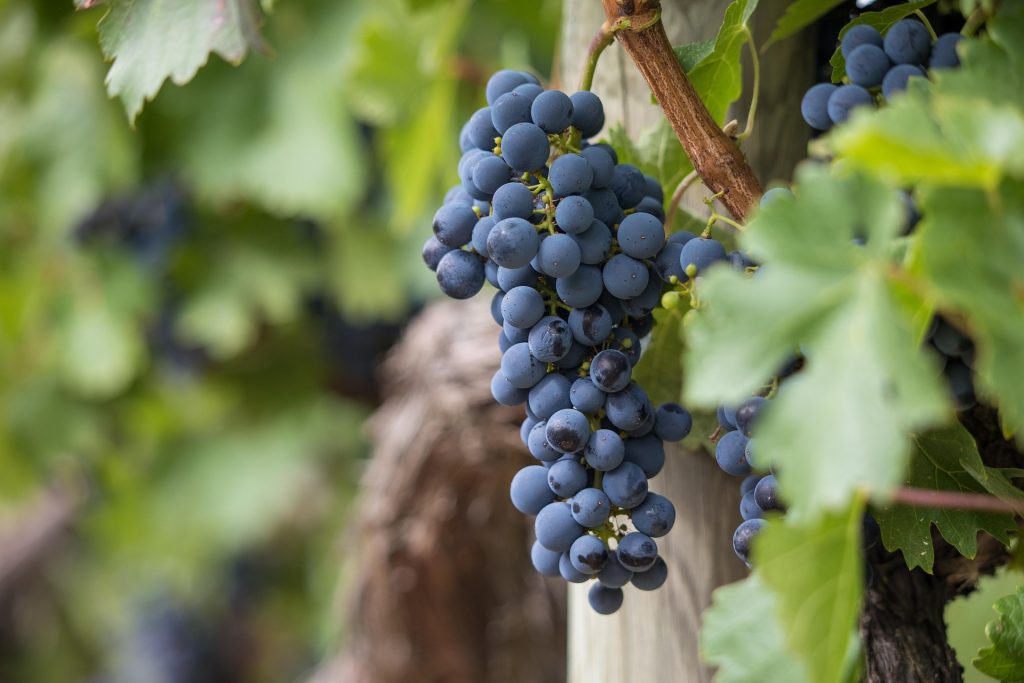
Other ways you can support Fairtrade this Great Big Green Week?
Get involved with Fairtrade in your local area by finding Fairtrade Communities near you using our communities’ map. Or Find a Great Big Green Week event near you to join in the celebrations.
Every Fairtrade swap you make not only contributes to fairer compensation for farmers but also promotes environmental farming practices and resilience against climate challenges.
Start making these swaps during Great Big Green Week and share your experiences using the form below. Let’s come together to create a positive impact on our planet.
